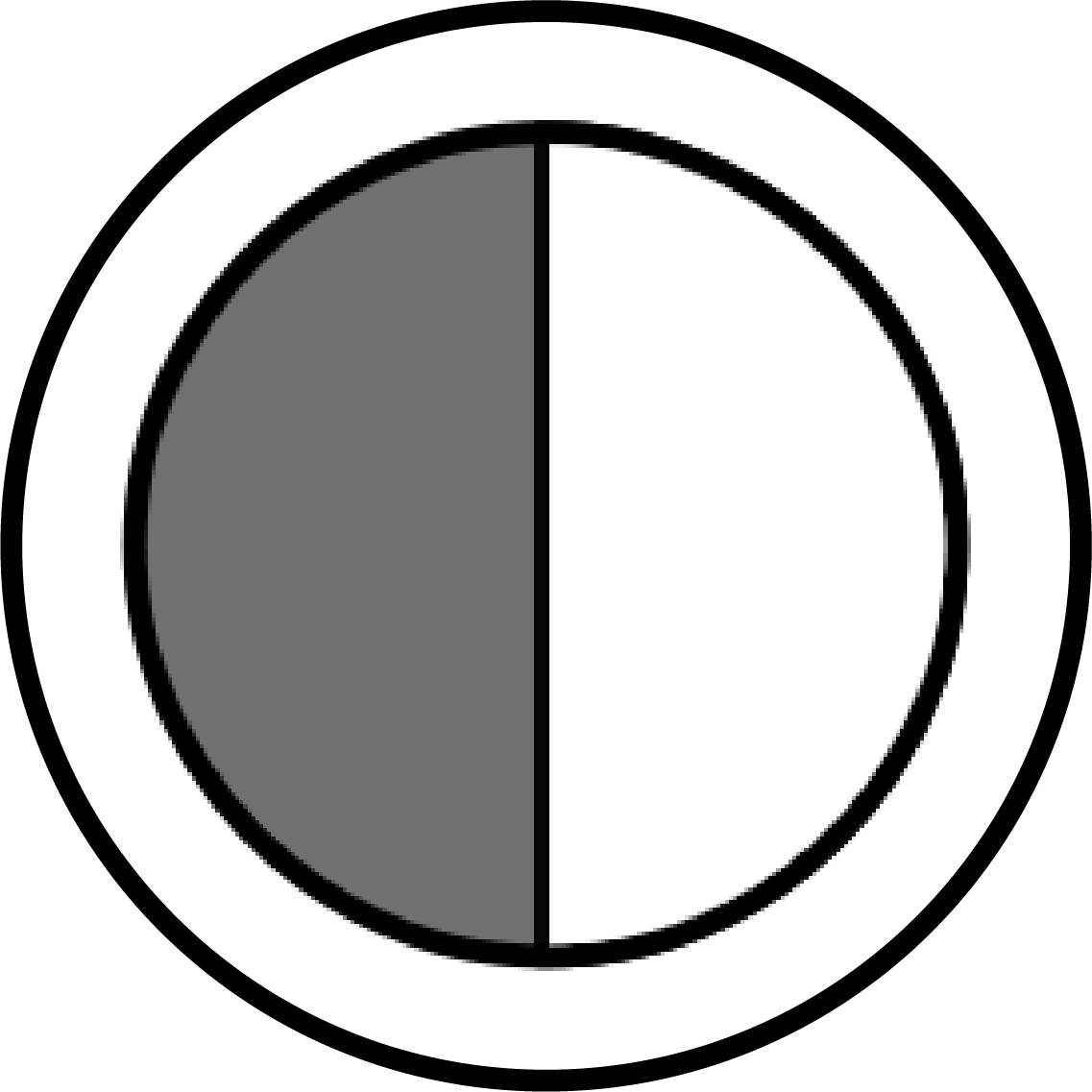
Women's Space: Between Solidarity and Separation
The panel on the opportunities provided by women's spaces was opened by Suha Salman Mousa, executive director at the Msawa Center, who noted, "Women are a minority within a minority. The goal is to create a shared and impactful discourse to accept the other, the different, in order to bring about significant change.
Dr. Rana Zohar Karaini, a lecturer at the University of Haifa and the Emek Yizra’el College, and a researcher at the Faculty of Social Sciences at Ben-Gurion University, spoke about the integration of Arab women into local councils and the support they receive from civil society.
"Arab women were thrown into the deep end in local authorities during the 2000s, and only civil society and women's frameworks supported and guided them to cope. They were taught how to read budget reports, received mentoring from other women and networked with fellow council members. These efforts were aimed at refining programs and enhancing efficiency through social cooperation and diversity. Despite the improvement in the representation of Arab women in local governance (22 women were elected in 2024), there is still a long way to go.
Ms. Nurit Hajaj, a social peace activist Mizrahi feminist, and a member of the secretariat of the "Mizrahi Democratic Rainbow Coalition," remarked, "For women to be able to participate, barriers must be removed, such as the language barrier; information needs to be accessible." She addressed the dominance of European-origin women in peace and human rights organizations, emphasizing their control over resources and the conditional participation of women from other cultural groups or marginalized populations.
Ms. Nasrin Morcos, General Secretary of the Democratic Women's Movement, added: "Partnership is not easy in the shadow of conflict, war, massacre, and starvation. It requires energy, patience, and tolerance. Therefore, frameworks prefer isolation, without partnerships after October 7. Fear and intimidation do not spare women, as evidenced by the dismissal of Professor Nadera Shalhoub. Even housewives were intimidated and persecuted. The war-affected women and caused significant social distancing."
Attorney Neta Amar Schiff, CEO of the Mizrahi Civil Collective, stated: "We call for partnership in the face of separation. In Israeli society, there is failure, and we are aware that separation is a given. How can we imagine a different future when separation is hierarchical, unequal, and wrong at a moral level?" Amar Schiff speaks about "the universal discourse of human rights that has not succeeded. There are common interests for women, such as violence against women and institutional violence." She adds: "The universal discourse of human rights overlooks the complexity of separation and the realistic conflict. There is a struggle and a national conflict here, and Orthodox religious identity has become synonymous with Judaism."
She emphasizes that "the geographical division is clear. Palestinians live on their lands, and the issue of separation between the two peoples is evident, as is the separation among the peoples themselves. There is a significant threat within the subgroups. The separation after October 7 stands against an existential threat. We are at the lowest point after the massacre and ethnic cleansing, which deteriorates our ethnic relations."
Amar Schiff concludes her remarks: "Despite inequality, hierarchy, resources, security, and the deep mutual existential threat in Gaza or around Gaza, it is essential to overcome separation. The solution until now has been self-preservation; the State of Israel acted to save the Jewish people. This solution has failed, and therefore, the feminist perspective can save men too. The victim will save the oppressor. The oppressed have power and strength from a place of resistance, and a new approach must be adopted to save one another."
Ms. Masha Hinsh, a journalist and cultural scientist, spoke about women's initiatives. "Different groups of immigrants from Russia and Ukraine are joining various cultural initiatives in Israel's art market. It is important to note that most cultural events are organized by women. What works today is artistic feminism and artistic activism. Thanks to activism and feminism, it is possible to integrate new groups of cultural immigrants into the current general narrative of Israeli culture. Notably, the four largest museums in the country are managed by women. It's enough to attend any press conference to see that 80%-90% of the journalists are women. The same applies to those coming from Russia and Ukraine. They aspire to practice their professions, and many initiatives come solely from women. They initiate cultural activities in theater, visual arts, and music, but everything is conducted in Russian, and naturally, they remain within their group. New immigrants have their social networks and media, but even within the Russian community, there is no complete connection to the broader cultural activity. Until now, Russians have been preoccupied with their matters. I see it as the state's responsibility, which does not provide enough opportunities to learn both Hebrew and Arabic. Why isn't Arabic taught in ulpans? In my opinion, learning Arabic and Hebrew simultaneously would foster cultural and social interactions, leading to a better understanding between people."

























